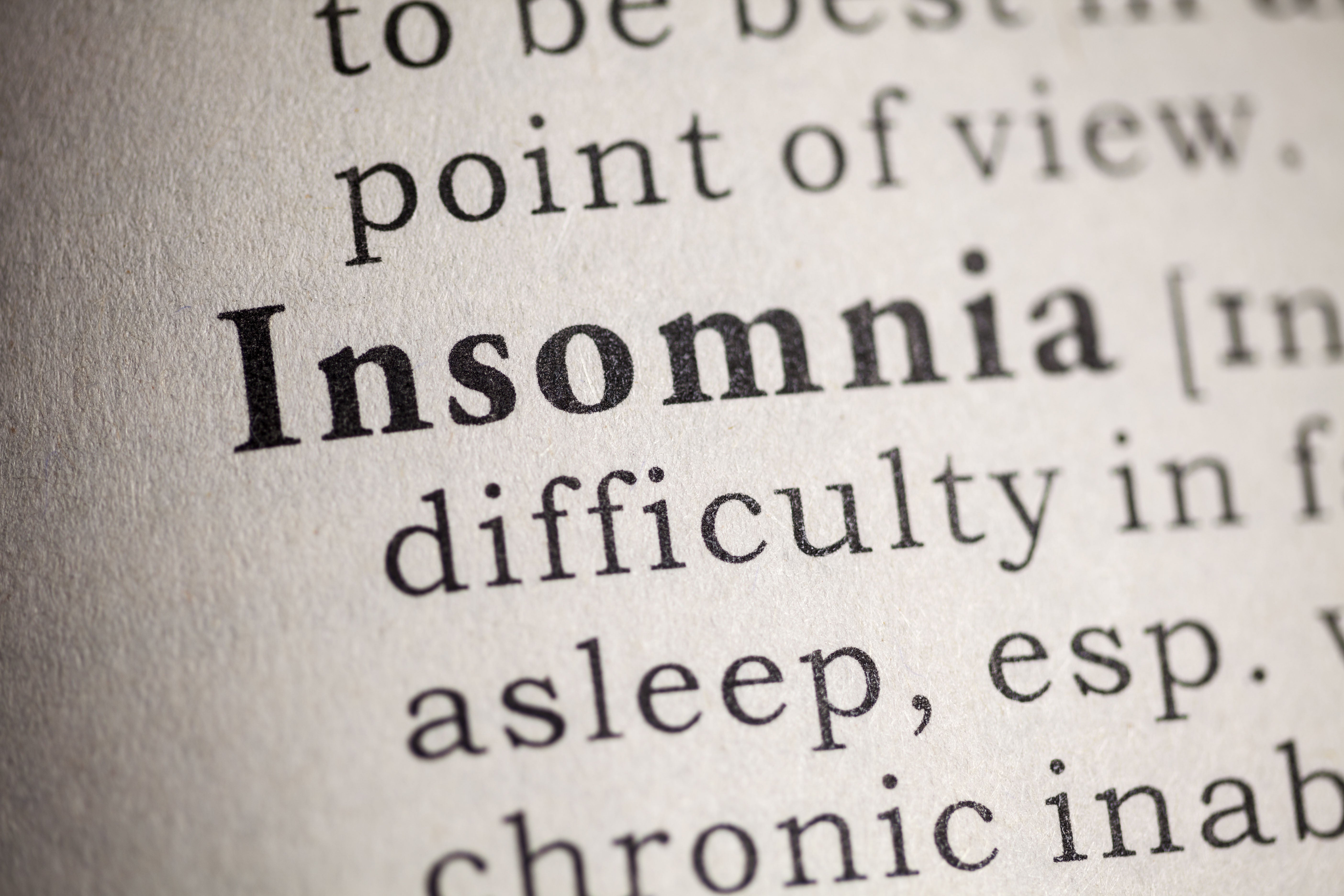
Researchers have identified two drugs – not currently licensed for treatment in the UK – that are better at treating insomnia in adults than other medications.
The medications, called eszopiclone and lemborexant, are better for both short and long-term treatment of the condition, according to a new study by University of Oxford scientists.
However, the experts say the first line of treatment should still be cognitive behavioural therapy, and improving sleep hygiene.
We hope our analysis will be of great help to clinicians seeking the most appropriate treatment for their patients— Andrea Cipriani, University of Oxford
This can involve measures such as ensuring the bedroom is a comfortable temperature and winding down at least an hour before bed.
However, according to the researchers, the findings suggest drugs can also be effective and should be used when appropriate.
Andrea Cipriani, professor of psychiatry at the University of Oxford and honorary consultant psychiatrist at Oxford Health NHS Foundation Trust, said: “We hope our analysis will be of great help to clinicians seeking the most appropriate treatment for their patients.
“We looked at all information published and unpublished – in journals and in online registries – to achieve the most transparent and comprehensive picture of all the data available.
“Clearly, the need to treat insomnia as effectively as possible is very important as it can have knock-on effects for a patient’s health, their home lives and the wider health system.
“This study of pharmacological treatments is not a recommendation that drugs should always be used as the first line of support to treat insomnia, not least because some of them can have serious side-effects.
“However, our research shows that some of these drugs can also be effective, and should be used in clinical practice, when appropriate.
“For example, where treatments such as improved sleep hygiene and cognitive behavioural therapy have not worked, or where a patient wants to consider taking medication as part of their treatment.”
According to the NHS, it is thought that a third of Brits will have episodes of insomnia at some point.
The researchers looked at data from 154 studies including 44,000 people who were given either a placebo, a licensed drug, or an unlicensed drug.

They analysed the effectiveness of drugs for the treatment of adults with insomnia, where the condition is not accompanied by a mental health co-morbidity, such as depression or physical illness.
People were assessed on their quality of sleep, the effects of treatment discontinuation, and the presence of any adverse events, such as dizziness, nausea, fatigue, headache, sedation and feeling drowsy.
Insomnia is defined as dissatisfaction with sleep quantity or quality, and is associated with at least three months of difficulty getting to or staying asleep.
It affects up to 20% of the population and can last for a number of years.
While the research found eszopiclone could be effective as a treatment for insomnia, it may also have substantial side events, such as dizziness and nausea.
Safety data on lemborexant was inconclusive, but did show higher risk of causing headaches.
Other findings suggest there was insufficient evidence to support the prescription of benzodiazepines and zolpidem in the long-term treatment for insomnia.
Published in The Lancet, the study was funded by the National Institute for Health and Care Research.







